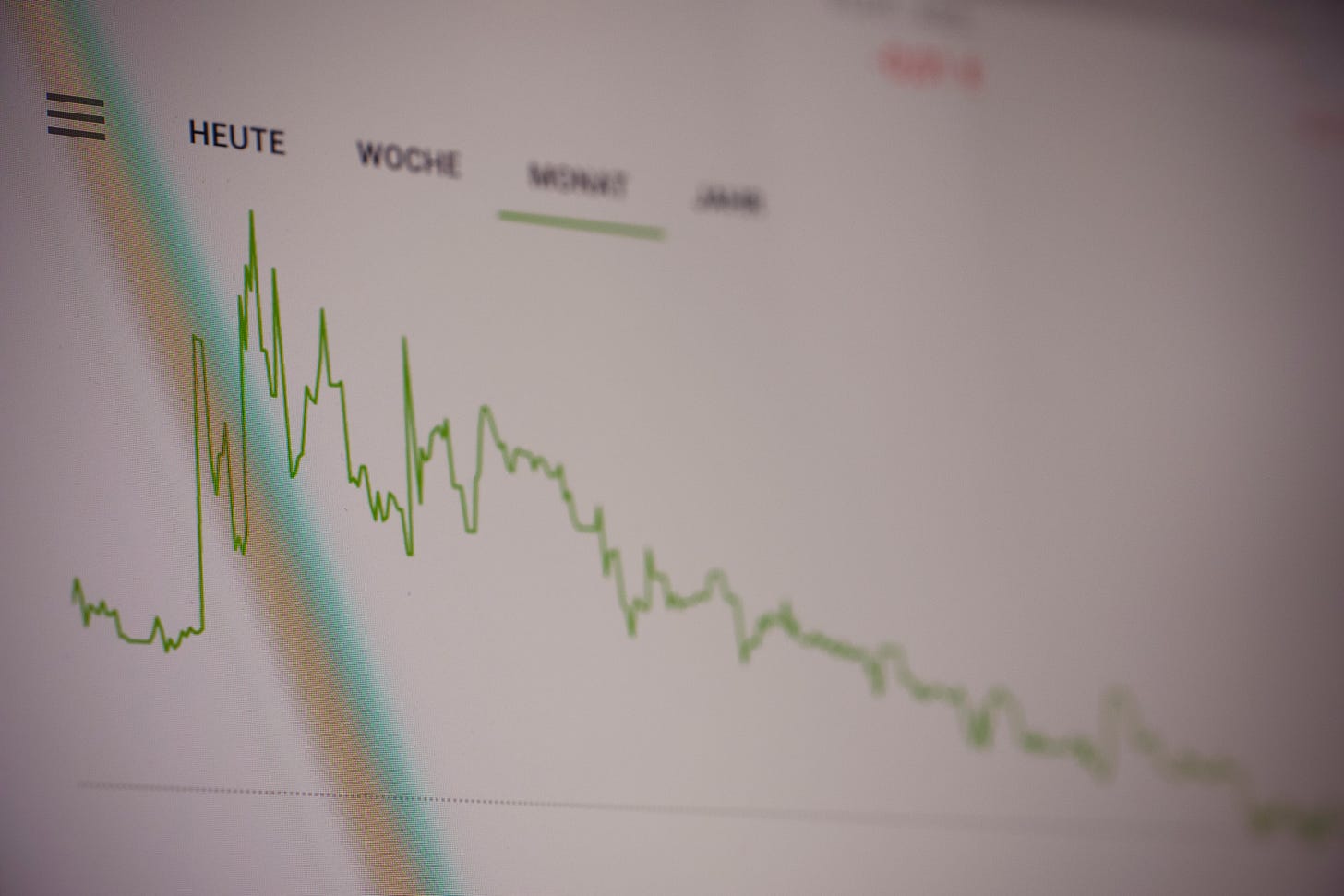The government is looking at China's management of COVID-19.

Australia's economic future is uncertain because of the COVID-19 wave in China, the war in Ukraine, changes in interest rates, natural disasters, and the slowing of the world economy.
Treasurer Jim Chalmers is worried that the Omicron wave that hit China will hurt the economy in 2023 in a big way.
The treasurer says that in 2023, the COVID-19 outbreak in China will be one of the biggest problems for the Australian economy.
"Clearly, when the Chinese market and Chinese suppliers are such a big part of our own economy, people are worried about how this COVID wave in China will affect our economy," he told reporters on Monday.
The government has been defending its decision to require negative COVID-19 tests for Chinese arrivals as a safety measure against the possibility of new virus variants developing as the virus spreads through China's population. This choice was made to protect against the possibility that new types of the virus could appear as it spreads through China's population.

Even though Australia's top health official said that testing for infections before a flight was a waste of time and that plane wastewater testing would be a better idea, new travel restrictions have been put in place.
By erring on the side of caution, the government is protecting travellers as well as the economy, according to Treasurer Jim Chalmers.
According to what he said on ABC radio, "(the situation with China's COVID) also has implications for the economy more generally," which includes the economy of China, the economy of the world, and the economy of Australia.
On Sunday, the Australian government joined other countries in requiring that people flying into Australia from China pass a COVID test.
High inflation and rising interest rates are expected to slow the growth of the Australian economy this year. However, most economists do not expect a recession to happen in the near future.
Dr. Chalmers explained that even though the Australian government was working to strengthen the country's supply chains, it was unable to do so with the flip of a switch.
"We will always do what we can to help people who are struggling with high inflation. If we can afford it, we will provide responsible cost-of-living relief, as we did in October and will do in May." He said
The treasurer mentioned that, in addition to China, he was keeping an eye on the conflict in Ukraine and how it will affect the events that take place in the United States, the United Kingdom, and Europe this year, which in turn will influence what occurs with global interest rates.
The Australian government is cognisant of the fact that a significant number of fixed-rate mortgages with low-interest rates will expire during the course of this year and be replaced by variable-rate mortgages with higher interest rates.
Dr. Chalmers noted that this would put a significant amount of stress on individuals.
Ken Rogoff, an economics professor at Harvard University, said that the economy could be in worse shape than expected in 2023.
In an interview with ABC News Radio, he stated, "It could go in either direction, but the chances are, it's going to be worse."
He stated that China was a "wildcard" that had the potential to pull economies in two different directions, with the uncontrolled spread of COVID certainly being a cause for concern.
On the other hand, he said that once the outbreaks die down, Chinese consumers may soon be able to resume travelling and spending after being restricted for several years due to the outbreaks.
Professor Rogoff warned, though, that a sudden increase in Chinese spending could cause inflation and put more pressure on central banks.



